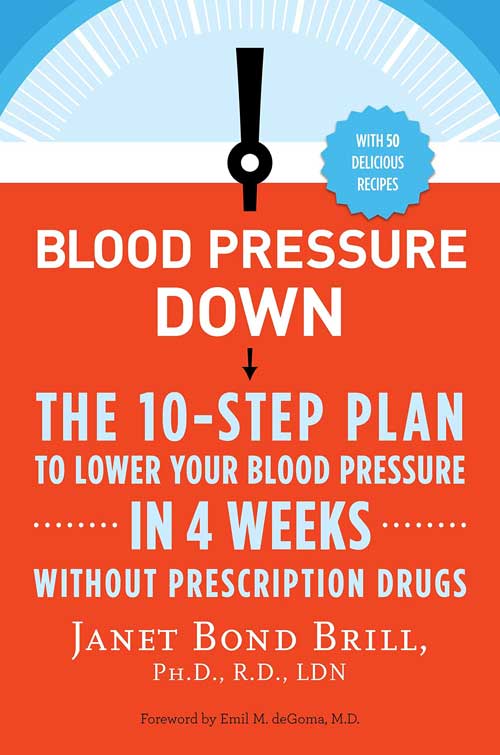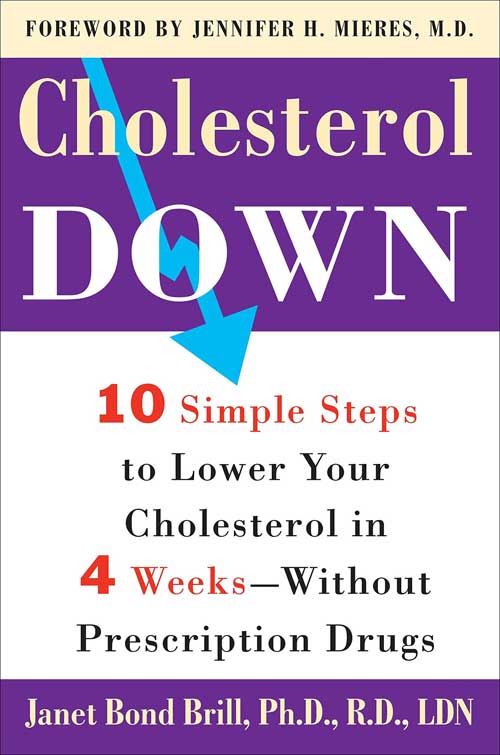By


Intermittent Fasting for Beginners
Beginner Intermittent fasting is an eating pattern that cycles between periods of short-term fasting and eating. There are multiple intermittent fasting diet plans circulating. All of them dictate when you should eat rather than what specific foods you should eat.
However, for long-term health benefits, it is highly recommended that you don”‘t ignore the “what to eat” part of this eating regimen. As a nutritionist, it is suggested that you combine a plant-based, Mediterranean style of eating with your intermittent fasting plan of choice.
One popular version, called the 16:8 method, means you fast for 16 hours every day and eat during your chosen 8 hour eating window. You repeat this pattern of eating every day. This method is often considered the “easiest” to follow and is a perfect choice for intermittent fasting newbies.
Intermittent fasting for beginners is safe for most people, but it’s not for everyone. If you have a medical condition, you must get medical clearance to follow a program of intermittent fasting, especially if you have: diabetes or problems with blood sugar regulation; have high or low blood pressure; take prescription medications (people who take medications for blood pressure or heart disease may be more prone to electrolyte abnormalities from fasting); or are underweight. Intermittent fasting should NOT be practiced by children; people with a history of eating disorders; women who are trying to conceive; women who are pregnant or breastfeeding and uncontrolled diabetics.












